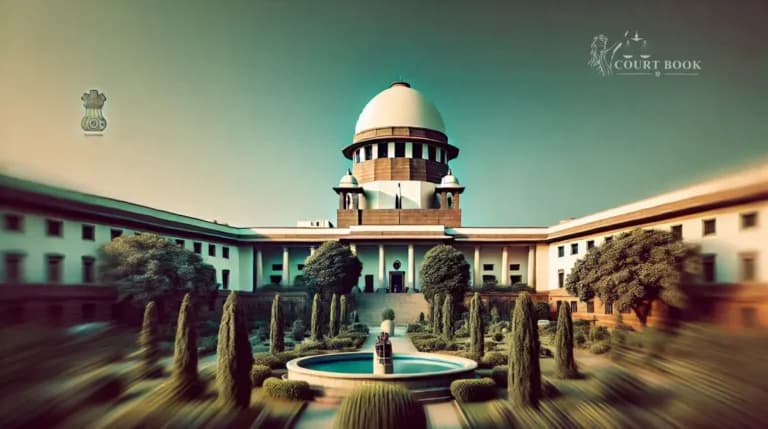The Delhi High Court has approached the Supreme Court seeking clarification on whether a Special Court constituted under the National Investigation Agency (NIA) Act, 2008, and designated as an MP/MLA court, can hear cases only involving Members of Parliament (MPs) and Members of Legislative Assemblies (MLAs) or if it can also adjudicate other cases within its existing statutory jurisdiction.
This request has been made through an application filed by the Registrar General of the Delhi High Court, questioning whether such a designated Special Court should be limited to cases involving MPs/MLAs or whether it can exercise concurrent jurisdiction over other accused persons as well.
In 2017, a Supreme Court bench comprising Justice Ranjan Gogoi and Justice Navin Sinha directed the Central Government to develop a framework for establishing Special Courts specifically for handling criminal cases against politicians.
"Given the increasing criminalization of politics, it is essential to ensure the expeditious disposal of such cases to uphold the rule of law."
These Special Courts were modeled after Fast Track Courts (FTCs), which the Central Government had initially set up for five years but later discontinued.
On December 14, 2017, the Supreme Court directed the Central Government to allocate ₹7.80 crore to various State Governments, in consultation with the High Courts, to establish 12 Special Courts across the country.
Read Also:- Supreme Court Directs Assam Government to Expedite Deportation of 63 Declared Foreigners
Case Background
This case originates from a Public Interest Litigation (PIL) filed by advocate and social activist Ashwini Kumar Upadhyay, seeking a lifetime disqualification of MPs and MLAs convicted in criminal cases.
The petitioner has also challenged certain provisions of the Representation of the People Act, which prohibit convicted politicians from contesting elections for six years after completing their prison sentence.
The main prayer in the application states:
"It should be clarified that the High Court may authorize Special NIA Courts to conduct trials of MPs/MLAs (including former MPs/MLAs) who are facing prosecution for scheduled offenses under Special Acts like the NIA Act, rather than restricting them to Special Courts designated only for MP/MLA cases. The High Court should be empowered to issue the necessary notifications/orders in this regard."
Read Also:- Supreme Court: Appeals Under NIA Act Cannot Be Dismissed Due to Delay Beyond 90 Days
In November 2023, a bench led by then Chief Justice of India DY Chandrachud, along with Justice JB Pardiwala and Justice Manoj Misra, issued a series of directives to expedite the disposal of pending criminal cases against politicians.
The Court emphasized:
"The speedy trial of criminal cases against public representatives is crucial for maintaining democracy and transparency."
To ensure better implementation, the Court also directed the strengthening of monitoring mechanisms for these special courts.
Case Details: Ashwini Kumar Upadhyay vs. Union of India W.P.(C) No. 699/2016















